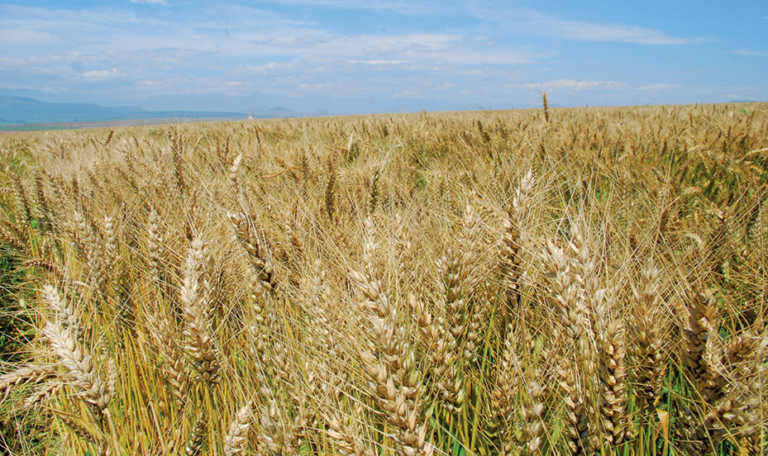
This was according to Corné Louw, Agri SA economist. In a statement, Louw said that queleas had been observed in the Western Cape.
Queleas were declared pest animals in terms of the Agricultural Pests Act No. 36 of 1983.
Louw said it was landowners’ responsibility to report the occurrence of queleas to DAFF.
“It is very important that authorities keep track of the flocks and their roosting places in an effort to minimise [crop] damage,” he explained.
John Tladi, deputy director of migrating pests at DAFF, said that queleas were related to weaver birds, and formed flocks that could contain millions of birds.
Because seeds were a major part of their diet, these flocks could cause considerable damage to lands planted to grain crops such as wheat, sorghum, millet and manna.
“It is vital that sightings of these birds are reported timeously to prevent large-scale damage. The producers are our eyes in the field and we rely on them to keep track of the queleas,” he said.
The Food and Agriculture Organization (FAO) of the United Nations estimated that crops, to the value of about R618,75 million, were lost to queleas on the continent annually.
According to the FAO, control of the birds, gathered in breeding colonies or nocturnal roosts, called for aerial application of organophosphate pesticides or fire-bombs.










